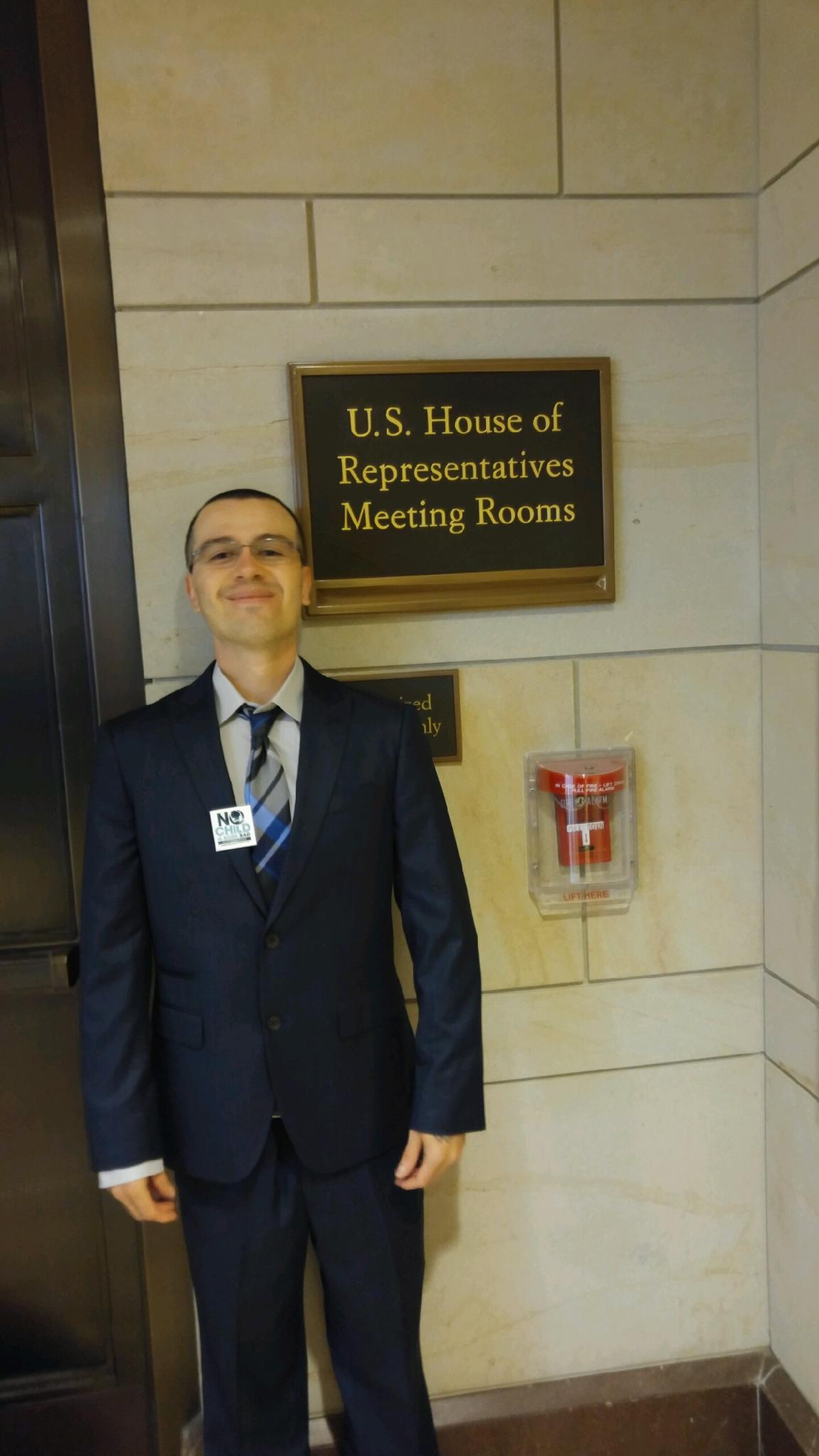Help Protect Youth in Colorado from Deceptive Interrogation Tactics

Lorenzo Montoya, photo courtesy of Lisa Polansky.
Lorenzo Montoya was just 14 years old when he was coerced into confessing to a murder he did not commit. During a two-and-a-half-hour interrogation, Denver homicide detectives falsely told Mr. Montoya that they already knew what happened and that they had evidence proving he committed the murder, including fingerprints, shoe prints, and hair evidence. The detectives also lied to Mr. Montoya about what other suspects said and threatened to send him to an adult prison if he didn’t confess. Under pressure from these deceptive tactics, Mr. Montoya felt he had no choice but to falsely confess to a murder he did not commit and was later convicted based on the confession. He spent 13 years in prison before he was finally released after DNA testing excluded him from the crime scene evidence.
Police in most states are legally permitted to use deception in interrogations. It’s a tactic that allows law enforcement to lie to suspects about the existence of incriminating evidence and/or leniency they could provide in order to coerce confessions, even if law enforcement doesn’t have any real proof of guilt.
But the use of deception can lead to false confessions, which have played a part in one-third of the nation’s 375 DNA exonerations. Experts have spoken out against the use of deception in interrogations because it is dangerous, unnecessary, and increases the chances of wrongful conviction. Youth are particularly vulnerable to falsely confessing, and even more so when they are lied to by police during an interrogation.
This year, Colorado lawmakers are considering legislation that would ban police from lying to children in order to coerce confessions. Use the form above to ask your state Representatives to support Senate Bill 22-023 to ban juvenile deception in Colorado.
This campaign is in partnership with the Korey Wise Innocence Project.